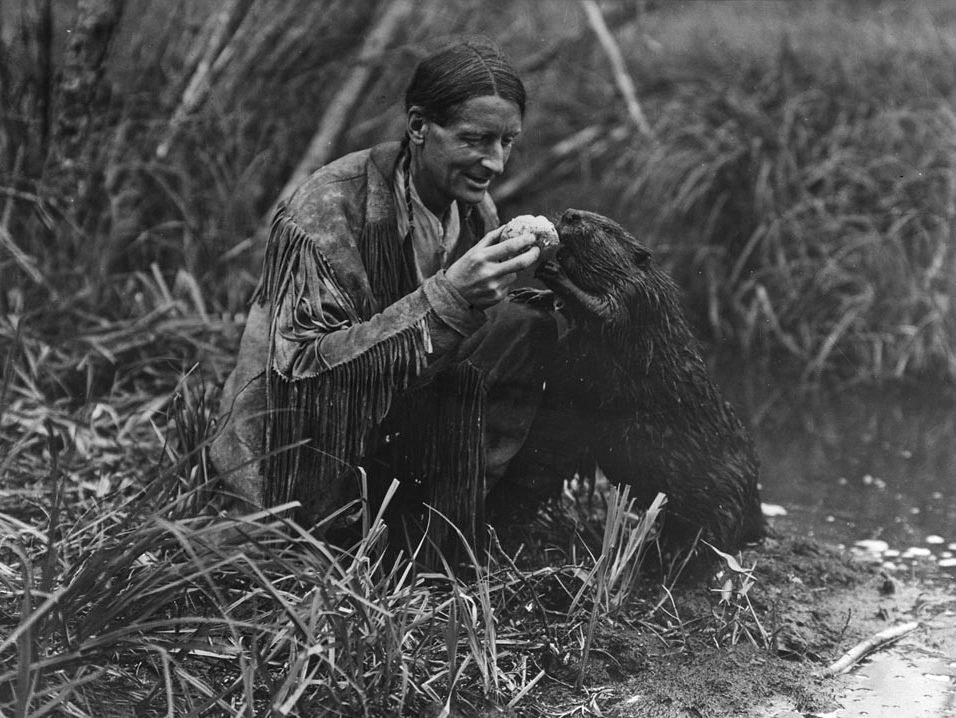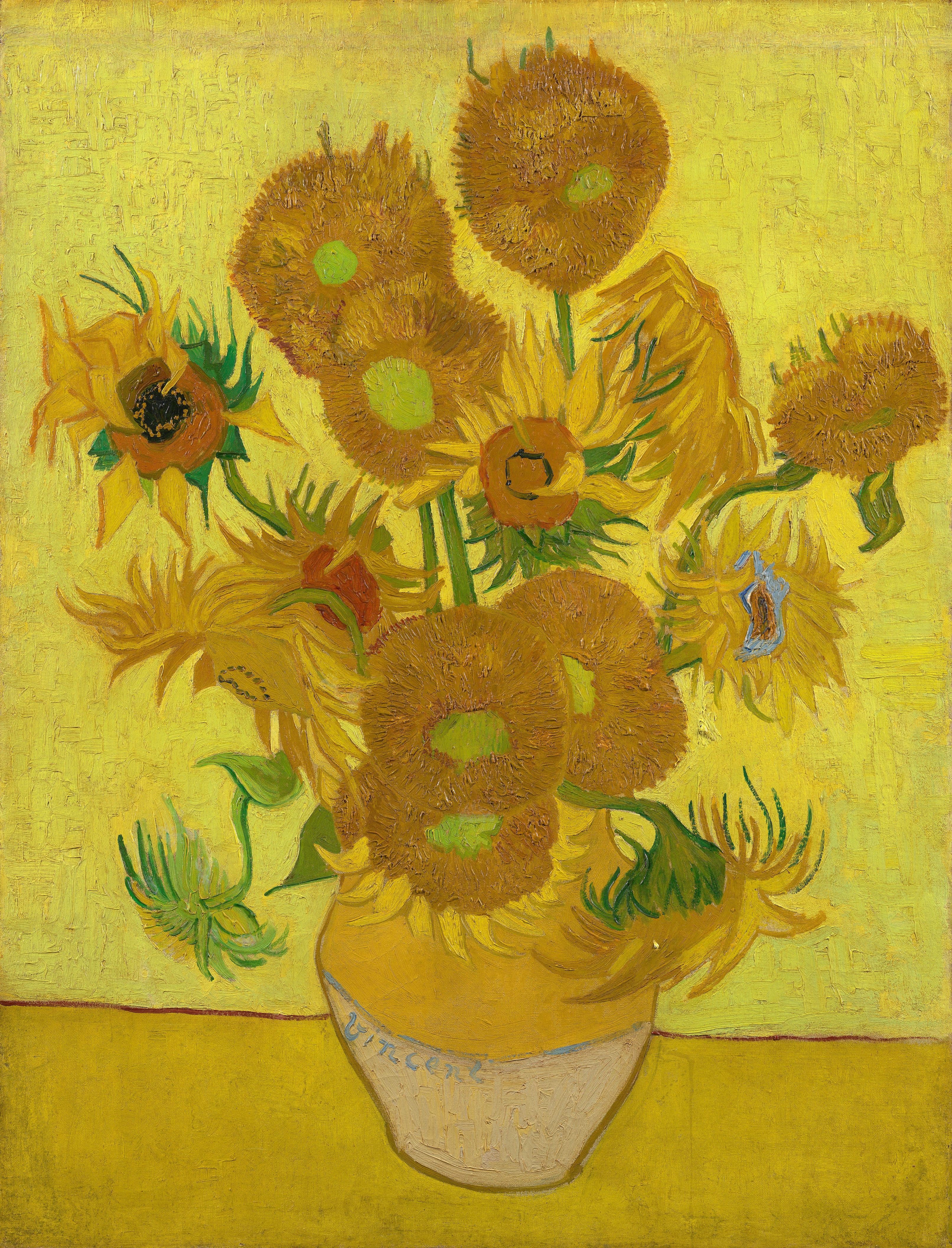|
Walter Bauer (writer)
Walter Bauer (November 4, 1904 – December 23, 1976) was a German-Canadian biographer, novelist and poet. Walter Bauer showed himself a promising poet in pre-Hitler Germany, but with the rise of the Nazis he found his poetry being banned. He became an elementary school teacher and after the war had high hopes for a literary life. However, in 1953, feeling the cynicism of the German Economic Miracle, he emigrated to Canada where, after a stint as a dishwasher, he became a professor in the German Department of the University of Toronto in Toronto, Ontario in 1954. He wrote six novels, two collections of poetry and four biographies (including one on Van Gogh and another on Grey Owl). He also wrote plays and essays. He has been published in numerous literary magazines, such as Muschelhaufen ''Muschelhaufen'' (heap of shells) is a German annual, originally combining literature and graphic arts. It was founded by Erik Martin from Viersen in 1969 and published - with an interruptio ... [...More Info...] [...Related Items...] OR: [Wikipedia] [Google] [Baidu] |
Merseburg
Merseburg () is a town in central Germany in southern Saxony-Anhalt, situated on the river Saale, and approximately 14 km south of Halle (Saale) and 30 km west of Leipzig. It is the capital of the Saalekreis district. It had a diocese founded by Archbishop Adalbert of Magdeburg. The University of Merseburg is located within the town. Merseburg has around 33,000 inhabitants. Names * cs, Merseburk, Meziboř * french: Mersebourg * german: Merseburg * la, Merseburga * pl, Międzybórz * wen, Mjezybor Geography The town Merseburg consists of Merseburg proper and the following four ''Ortschaften'' or municipal divisions:Hauptsatzung der Stadt Merseburg § 15, April 2019. * |
Grey Owl
Archibald Stansfeld Belaney (; September 18, 1888 – April 13, 1938), commonly known as Grey Owl, was a British-born conservationist, fur trapper, and writer who disguised himself as a Native American man. While he achieved fame as a conservationist during his life, after his death, the revelation that he was not Indigenous, along with other autobiographical fabrications, negatively affected his reputation. Belaney rose to prominence as a notable author and lecturer, primarily on environmental issues. In working with the National Parks Branch, Grey Owl became the subject of many films, and was established as the "'caretaker of park animals' at Riding Mountain National Park in Manitoba" in 1931. Together with his numerous articles, books, films and lectures, his views on conservation reached audiences beyond the borders of Canada. His conservation views largely focused on humans' negative impact on nature through their commodification of nature's resources for profits, an ... [...More Info...] [...Related Items...] OR: [Wikipedia] [Google] [Baidu] |
1904 Births
Nineteen or 19 may refer to: * 19 (number), the natural number following 18 and preceding 20 * one of the years 19 BC, AD 19, 1919, 2019 Films * ''19'' (film), a 2001 Japanese film * ''Nineteen'' (film), a 1987 science fiction film Music * 19 (band), a Japanese pop music duo Albums * ''19'' (Adele album), 2008 * ''19'', a 2003 album by Alsou * ''19'', a 2006 album by Evan Yo * ''19'', a 2018 album by MHD * ''19'', one half of the double album ''63/19'' by Kool A.D. * ''Number Nineteen'', a 1971 album by American jazz pianist Mal Waldron * ''XIX'' (EP), a 2019 EP by 1the9 Songs * "19" (song), a 1985 song by British musician Paul Hardcastle. * "Nineteen", a song by Bad4Good from the 1992 album '' Refugee'' * "Nineteen", a song by Karma to Burn from the 2001 album ''Almost Heathen''. * "Nineteen" (song), a 2007 song by American singer Billy Ray Cyrus. * "Nineteen", a song by Tegan and Sara from the 2007 album '' The Con''. * "XIX" (song), a 2014 song by Slipk ... [...More Info...] [...Related Items...] OR: [Wikipedia] [Google] [Baidu] |
1976 Deaths
Events January * January 3 – The International Covenant on Economic, Social and Cultural Rights enters into force. * January 5 – The Pol Pot regime proclaims a new constitution for Democratic Kampuchea. * January 11 – The 1976 Philadelphia Flyers–Red Army game results in a 4–1 victory for the National Hockey League's Philadelphia Flyers over HC CSKA Moscow of the Soviet Union. * January 16 – The trial against jailed members of the Red Army Faction (the West German extreme-left militant Baader–Meinhof Group) begins in Stuttgart. * January 18 ** Full diplomatic relations are established between Bangladesh and Pakistan 5 years after the Bangladesh Liberation War. ** The Scottish Labour Party is formed as a breakaway from the UK-wide party. ** Super Bowl X in American football: The Pittsburgh Steelers defeat the Dallas Cowboys, 21–17, in Miami. * January 21 – First commercial Concorde flight, from London to Bahrain. * January 27 ** The United States v ... [...More Info...] [...Related Items...] OR: [Wikipedia] [Google] [Baidu] |
Academic Staff Of The University Of Toronto
An academy ( Attic Greek: Ἀκαδήμεια; Koine Greek Ἀκαδημία) is an institution of secondary or tertiary higher learning (and generally also research or honorary membership). The name traces back to Plato's school of philosophy, founded approximately 385 BC at Akademia, a sanctuary of Athena, the goddess of wisdom and skill, north of Athens, Greece. Etymology The word comes from the ''Academy'' in ancient Greece, which derives from the Athenian hero, '' Akademos''. Outside the city walls of Athens, the gymnasium was made famous by Plato as a center of learning. The sacred space, dedicated to the goddess of wisdom, Athena, had formerly been an olive grove, hence the expression "the groves of Academe". In these gardens, the philosopher Plato conversed with followers. Plato developed his sessions into a method of teaching philosophy and in 387 BC, established what is known today as the Old Academy. By extension, ''academia'' has come to mean the accumulatio ... [...More Info...] [...Related Items...] OR: [Wikipedia] [Google] [Baidu] |
German Emigrants To Canada
German(s) may refer to: * Germany (of or related to) **Germania (historical use) * Germans, citizens of Germany, people of German ancestry, or native speakers of the German language ** For citizens of Germany, see also German nationality law **Germanic peoples (Roman times) * German language **any of the Germanic languages * German cuisine, traditional foods of Germany People * German (given name) * German (surname) * Germán, a Spanish name Places * German (parish), Isle of Man * German, Albania, or Gërmej * German, Bulgaria * German, Iran * German, North Macedonia * German, New York, U.S. * Agios Germanos, Greece Other uses * German (mythology), a South Slavic mythological being * Germans (band), a Canadian rock band * "German" (song), a 2019 song by No Money Enterprise * ''The German'', a 2008 short film * "The Germans", an episode of ''Fawlty Towers'' * ''The German'', a nickname for Congolese rebel André Kisase Ngandu See also * Germanic (other) * Germa ... [...More Info...] [...Related Items...] OR: [Wikipedia] [Google] [Baidu] |
Muschelhaufen
''Muschelhaufen'' (heap of shells) is a German annual, originally combining literature and graphic arts. It was founded by Erik Martin from Viersen in 1969 and published - with an interruption of 11 years - until 2008, when the last issue came out (No. 47/48-2007/2008). History The annual replaced a small magazine that was published from 1962 – 1969 in the wake of the German Youth Movement. When the members finally spread all over the country, literature, arts and music became the main subjects of the review. In 1969 it got the new title and the ''Muschelhaufen'' was born. From 1975 to 1985 there was a publishing-break. Since 1993 only first publications were edited and each issue had an overboarding part of graphics, paintings, cartoons and photographs. In 1999 ''Muschelhaufen'' was subtitled "Jahresschrift für Literatur und Graphik". Among the permanent members of the editorial staff were artist Martin Lersch und writer Peter Klusen. Subjects and specialities The su ... [...More Info...] [...Related Items...] OR: [Wikipedia] [Google] [Baidu] |
Van Gogh
Vincent Willem van Gogh (; 30 March 185329 July 1890) was a Dutch Post-Impressionist painter who posthumously became one of the most famous and influential figures in Western art history. In a decade, he created about 2,100 artworks, including around 860 oil paintings, most of which date from the last two years of his life. They include landscapes, still lifes, portraits and self-portraits, and are characterised by bold colours and dramatic, impulsive and expressive brushwork that contributed to the foundations of modern art. Not commercially successful, he struggled with severe depression and poverty, eventually leading to his suicide at age thirty-seven. Born into an upper-middle class family, Van Gogh drew as a child and was serious, quiet, and thoughtful. As a young man, he worked as an art dealer, often traveling, but became depressed after he was transferred to London. He turned to religion and spent time as a Protestant missionary in southern Belgium. He drifted in ... [...More Info...] [...Related Items...] OR: [Wikipedia] [Google] [Baidu] |
Germany
Germany,, officially the Federal Republic of Germany, is a country in Central Europe. It is the second most populous country in Europe after Russia, and the most populous member state of the European Union. Germany is situated between the Baltic and North seas to the north, and the Alps to the south; it covers an area of , with a population of almost 84 million within its 16 constituent states. Germany borders Denmark to the north, Poland and the Czech Republic to the east, Austria and Switzerland to the south, and France, Luxembourg, Belgium, and the Netherlands to the west. The nation's capital and most populous city is Berlin and its financial centre is Frankfurt; the largest urban area is the Ruhr. Various Germanic tribes have inhabited the northern parts of modern Germany since classical antiquity. A region named Germania was documented before AD 100. In 962, the Kingdom of Germany formed the bulk of the Holy Roman Empire. During the 16th ce ... [...More Info...] [...Related Items...] OR: [Wikipedia] [Google] [Baidu] |




.jpg)
